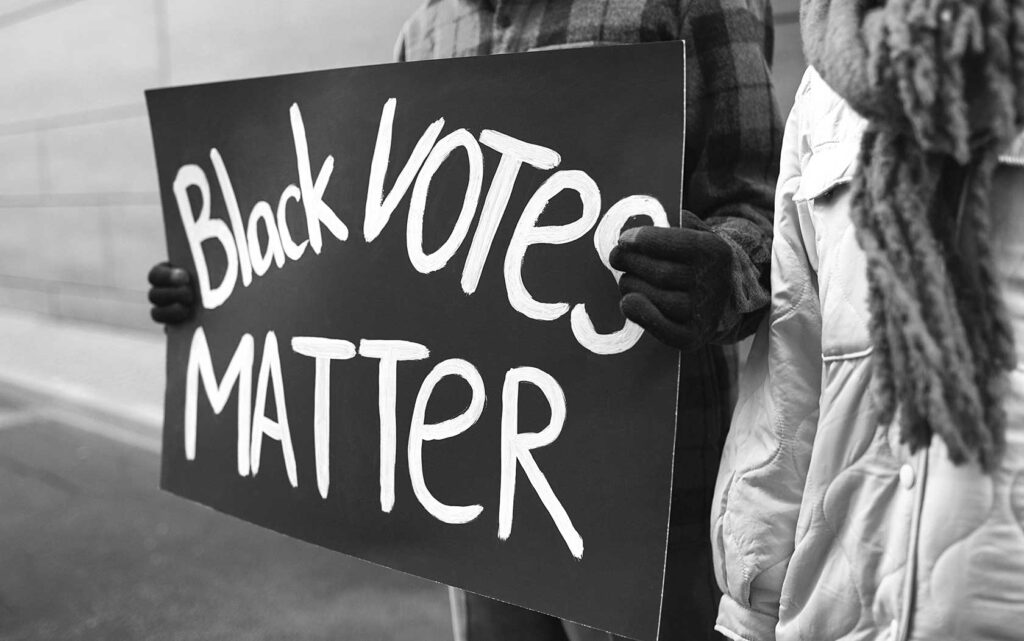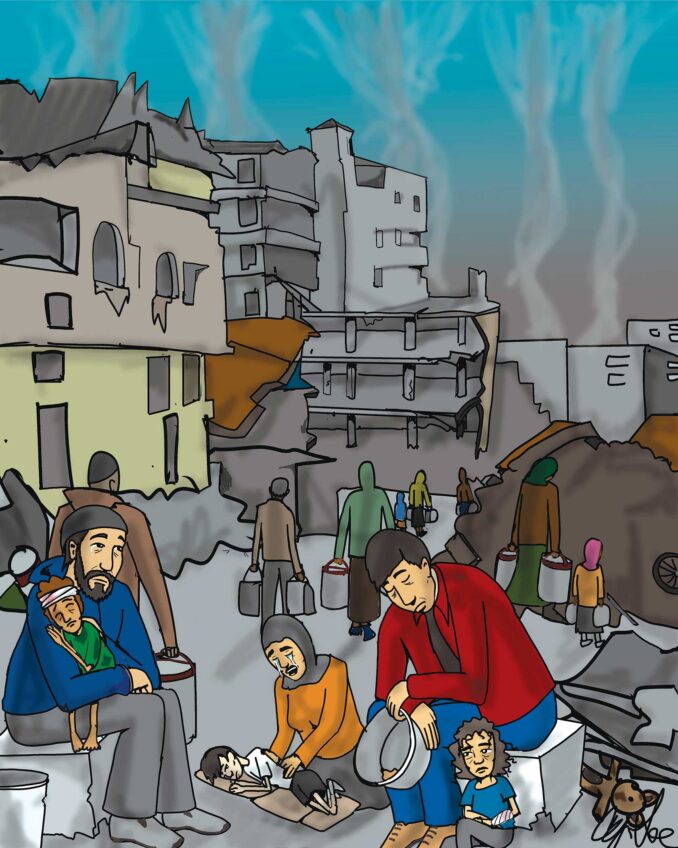
There’s a cruel kind of magic to how power redraws a line.
Not with a gun. Not with a bomb. But with a pen. A line drawn in the dark, behind closed doors, in state houses thick with lobbyists and thin on conscience. They call it redistricting. But when that pen curves just enough to corral Black voices into silence — when that curve becomes a cage — it becomes something else entirely.
Gerrymandering. And like so much of American history, it starts with a lie and ends with stolen breath.
The origins go back to 1812 — Elbridge Gerry, the Massachusetts governor who lent his name to the tactic, twisted a voting district into the shape of a salamander. But let’s not be polite and call this history a curiosity. Gerrymandering isn’t a quirky footnote. It’s a weapon. A scalpel used to cut Black communities out of political power. A scalpel that leaves scars not just on democracy, but on bodies, on bank accounts, on entire ecosystems.
Black voters have been packed together or cracked apart.
Because what happens when your voice has been gerrymandered out of existence?
You don’t get a hospital.
You don’t get clean water.
You don’t get flood protection or asthma monitors or heat resilience centers.
You get the highway.
You get the landfill.
You get the smokestack, the dump, the promise of a grocery store that never comes.
In district after district, from Birmingham to Baton Rouge, Flint to Fort Worth, Black voters have been packed together or cracked apart — clustered just enough to be ignored, or split just enough to be irrelevant. The result is the same: communities stripped of their ability to shape the decisions that shape their lives.
And that has consequences.
Gerrymandering doesn’t just kill democracy. It kills people.
Your representative doesn’t need your vote, so they don’t need to care.
Let’s say you live in a majority-Black community, sliced out of political influence by district lines drawn with surgical precision. Your representative doesn’t need your vote, so they don’t need to care. And if they don’t need to care, they won’t fight for Medicaid expansion. They won’t push for clean energy investments. They won’t demand accountability for toxic waste dumped down the road from your child’s school.
The same political machinery that redlined us into underfunded neighborhoods is gerrymandering us out of the halls of power. It’s the same machinery. Different gears, same grind. We’re seeing that machinery at full throttle right now in places like Texas, where state lawmakers have launched a mid-decade redistricting effort — one not driven by population shifts, but by raw political ambition.
Under the appearance of complying with the Voting Rights Act, officials are dismantling “coalition districts” where Black and Latino voters have long joined forces to elect leaders who fight for health care access, environmental protections and housing equity. These newly proposed maps — engineered behind closed doors — threaten to silence entire communities under the pretense of fairness. If passed, they would gift one party disproportionate control while leaving the most vulnerable exposed to the exact same structural harms we claim to be correcting. It’s not just about who wins elections. It’s about who gets clean air, who gets protected from floodwaters, who lives long enough to cast another vote.
And the environment? When maps are manipulated to dilute Black voting power, it’s not a coincidence that climate mitigation money skips over the neighborhoods that need it most. It’s not an accident when zoning laws favor polluters. It’s by design. And when the next heat wave rolls in, it will bake the same cracked sidewalks. The same redlined zones. The same gerrymandered ghosts of representation.
We talk about policy as though it were paperwork. But it’s personal. Gerrymandering is not abstract. It is intimate. It is the reason why some neighborhoods get bike lanes and others get bus stops with no benches. Why some schools have air conditioning and others have mold. Why some communities get evacuated during wildfires and others are called collateral.
The fight for fair maps is not just about politics. It’s about public health. It’s about environmental survival. It’s about the wealth that never made it past the invisible walls that gerrymandering built around Black dreams.
We need to talk about independent redistricting commissions. About the John Lewis Voting Rights Advancement Act. About restoring Section 5 of the Voting Rights Act. But more than that, we need to understand that the lines on the map are drawn in real blood. And if we don’t fight to redraw them, they will keep redrawing us — erasing Black futures with every census.
A line drawn in silence is still a line. But a line drawn in resistance can be a road.
Let’s walk it. Let’s march it. Let’s build something better on the other side.
Dr. Mustafa Ali is a poet, thought leader, strategist, policymaker, and activist committed to justice and equity. He is the founder of The Revitalization Strategies,







Leave a Reply
You must be logged in to post a comment.